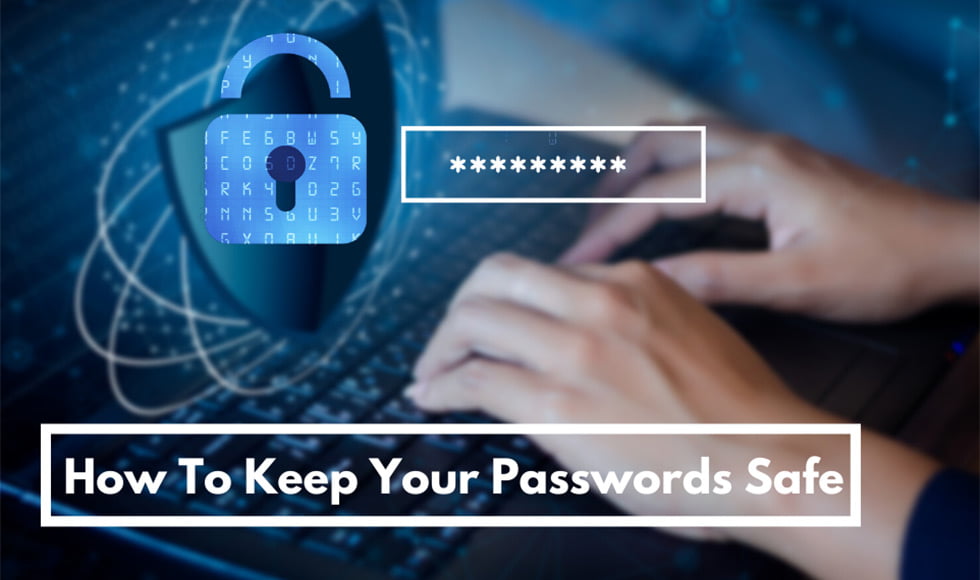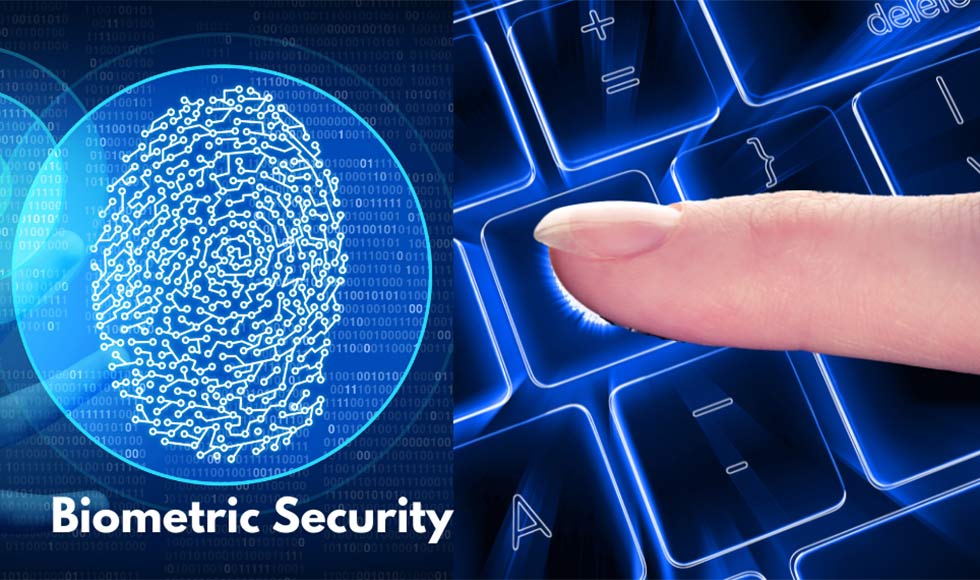You might have good security in your OS thanks to your anti-virus, but how much security do you have online? Even big sites with plenty of resources, like Facebook, aren’t safe from the risk of a data breach. So, it’s imperative that you do everything in your capacity to make all your online accounts safer, starting with efficiently managing your passwords. In this article, I’ll help you do just that by giving you an effective crash course on how to keep your passwords safe. Let’s get started.

Include Variety In The Password
Let’s start with the basics first, as a refresher. You should never use a password that only contains letters. It can’t contain only numbers either. If it does, people can easily brute-force into your account. Make sure whatever password you create follows these three rules:
- The password contains upper and lower case letters.
- The password contains numbers, preferably at the middle or start.
- The password contains special characters like slashes, commas, dashes and so on.
If you follow these three rules, you should have a fairly strong password. You should also refrain from using easy to guess combinations. For instance, never use something like “password12345” or “qwerty123”.
Password Length
Choosing the right length of the password is also important. The shorter the password, the easier a guessing software will be able to crack it. I’d suggest keeping the password at least 10 characters long.
You could go longer, but then you might have trouble remembering it. If you can’t remember properly and put in the incorrect password multiple times, then there’s a high chance you might get locked out of the account you’re using. 10 characters provide a good compromise between security and convenience.
Never Use The Same Password
This is one of the worst things you can do in terms of your online security. There’s still a good chance that a bad person can get ahold of your password. If you happen to be using the same password everywhere, then you’re potentially risking all your online accounts. Having one password for multiple accounts is convenient but can leave you incredibly vulnerable. I know it might seem like too much to have different passwords while keeping said passwords hard to guess at the same time. You can easily deal with that by following the next tip.
Recommended Reading: 11 Best laptops under 30000 in India 2023– Reviews & Buyer’s Guide
Use A Password Manager
If you worry about forgetting your passwords, then you should certainly start using a Password Manager, which keeps your passwords safe and secure. Most also fill out the password boxes on sites automatically after you enter the password. I wouldn’t recommend using your browser to store passwords, though. Third-party programs like Dashlane, Norton or LastPass are specially made with keeping passwords secure in mind, so they’re less likely to give away anything even if there’s malware on your system.
Additionally, another benefit you’ll get from using a Password Manager is that it can sync across all your devices. As long as you remember the password to the manager app, you can easily log into any account from any device without having to re-enter passwords.
Enable Two-Factor Authentication

Pretty much every modern site now supports two-factor authentication. You probably know how it works, but in case you don’t, I’ll explain. Two-factor authentication (2FA) is usually an extra step after password input. The user needs to enter a verification code sent to their phone from the website before they can log in to it. If you keep your 2FA on, your account has a bigger chance of staying safer, even if someone manages to get their hands on the right password.
You should also enable 2FA in your emails, as hackers can find it far easier to access an account if they manage to access your email.
Watch Out For Phishing Links
Always keep an eye out for strange links in your email and chat messages. They can turn out to be bad for you, regardless of whether the sender is someone you know or a stranger. People will also try to get you to access phishing links by imitating the sites of the accounts. If you get a message from your online bank asking you for important information or asking you to click a weird link, take the link they sent and paste it into the address bar to see where it links to. Also, keep in mind that most banks use .net, .com or .gov domains. No established website will use domains like .tk or .xyz.
Recommended Reading: The 11 Best laptops under 40000 in India 2023: Expert Picks
Avoid Keeping Passwords In Plain Text
If you don’t trust password managers, simply keeping the password in a text document on your desktop won’t give you much safety. Even though the file isn’t directly on the internet, people can still break into your computer and look through your files.
This sort of hacking, while not very common thanks to the improvements in Windows Security, can still happen. Software that people use to hack are evolving every day. The next best thing you can do to remember your passwords is to keep them on physical paper and store them securely.
Use Biometric Security

Whilst this is not supported by websites, you can still get an extra layer of security by putting biometric locks on your devices. That way, no one can steal important information that can get your accounts hacked. Most smartphones and high-end laptops come with support for fingerprint scanning. Some phones (like the iPhone) have incredibly advanced face recognition. Look up the security options for whatever device you’re using and turn them on. And to top it off, biometric security is also more convenient than device passwords, and you don’t have to bother remembering.
Ensure Your Computer Has TPM
TPM is a technology found in computers- it helps encrypt important credentials, offering stronger protection. Your desktop or laptop should have it unless it’s an old machine. In that case, you can buy a TPM chip separately or upgrade. Though laptops with TPM are a little expensive, upgrading will provide you with much more than better security. You can find TPM chips present in laptops that cost around 70k.
Recommended Reading: Top 9 Best Laptops Under 70000 in India 2023: Expert Reviews
Do Regular Malware Checks
There’s always a chance that your system is infected by dangerous malware, like a keylogger. These can be used to record whatever you type, including your password. To prevent such malware from being used on your computer, you can tighten its security. Windows is quite secure by default, but it’d be best if you check your security settings to make sure all exploit protection tools are turned on.
Always Update Windows
This one goes hand-in-hand with the earlier tip. To keep your system anti-virus running at maximum effectiveness, you should always keep it updated. The updates come with Windows Update, so make sure you check for updates and download them often.
Keep An Eye Out For Data Breaches
One more thing you can do is monitor if any important data related to your email or phone number has been leaked through data breaches. To do so, you can use haveibeenpwned.com. If the site finds anything, it would be best if you went and changed your login information immediately.
Recommended Reading: Which are the Best laptops under 50,000 in 2023? Top 11 Picks
Last Thoughts
Now, you know how to keep your passwords safe. All these tips are the most important ones you need to keep in mind. Everything boils down to your passwords, so make sure to keep them safe in every way possible. Don’t let yourself get complacent, though. Even with all these precautions, people can still break into your account. Maybe not now, but there’s a chance as hacking software get more powerful.
Stay safe, and stay smart. I’ll see you in the next post.
- Need An Entry-Level NVIDIA GTX 1650 Laptop? Check Out The ASUS TUF Gaming A15 15.6″ FHD AMD Ryzen 5 4600H - December 19, 2022
- Why You Should Try The Lenovo IdeaPad Gaming 3 AMD Ryzen 5 5600H 120Hz Gaming Laptop – A Laptop Designed To Last - November 8, 2022
- A Review Of The HP Pavilion Gaming DK2100TX 15.6-inch Laptop – The best 11th Gen Mid-range Laptop - November 8, 2022
